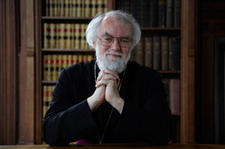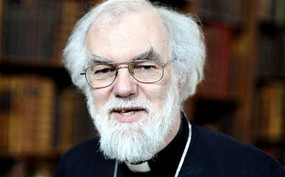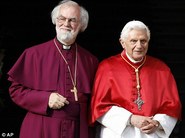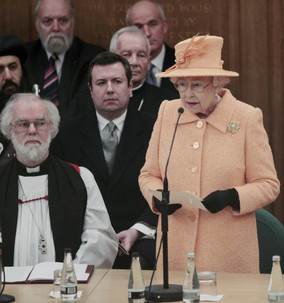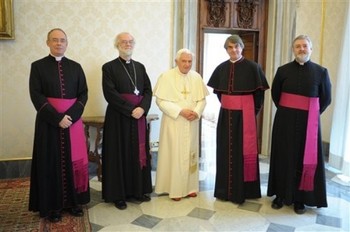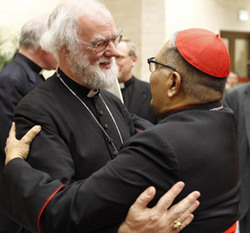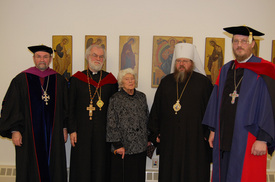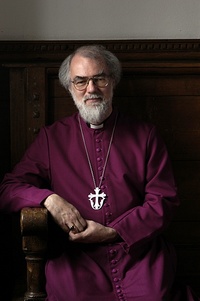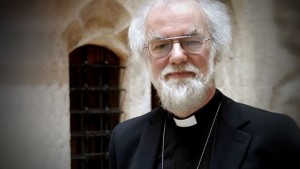 The Orthodox Christian Network reports that Rowan Williams, former archbishop of Canterbury, advocates the use of the Jesus prayer. The prayer, “Lord, Jesus Christ, have mercy on me, a sinner.” The prayer is more than a self-help, it is really a game-changer in this sense: the prayer’s simplicity and profundity moves the heart to a new level of awareness of one’s relationship with the Lord; it opens the door to new a point of life in the Spirit. It is also a whole body experience in the way you position your body, how you breathe and your attitude. Difference it makes in one’s spiritual life is only understood to the degree that you are faithful to this gesture. That is, it takes years to see a personal difference.
The Orthodox Christian Network reports that Rowan Williams, former archbishop of Canterbury, advocates the use of the Jesus prayer. The prayer, “Lord, Jesus Christ, have mercy on me, a sinner.” The prayer is more than a self-help, it is really a game-changer in this sense: the prayer’s simplicity and profundity moves the heart to a new level of awareness of one’s relationship with the Lord; it opens the door to new a point of life in the Spirit. It is also a whole body experience in the way you position your body, how you breathe and your attitude. Difference it makes in one’s spiritual life is only understood to the degree that you are faithful to this gesture. That is, it takes years to see a personal difference.
He was asked “After God: How do we fill the faith-shaped hole in modern life?” The response is in the article, “Rowan Williams Promoting the Jesus Prayer as Answer to Modern Angst.”
In part Williams said,
The prayer isn’t any kind of magical invocation or auto-suggestion – simply a vehicle to detach you slowly from distracted, wandering images and thoughts. These will happen, but you simply go on repeating the words and gently bringing attention back to them. If it is proceeding as it should, there is something like an indistinct picture or sensation of the inside of the body as a sort of hollow, a cave, in which breath comes and goes, with an underlying pulse. If you want to speak theologically about it, it’s a time when you are aware of your body as simply a place where life happens and where, therefore, God “happens”: a life lived in you.
Williams is a long time advocate of Benedictine spirituality, and Orthodox theology. Westerners are familiar with the Jesus prayer.
